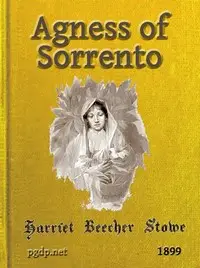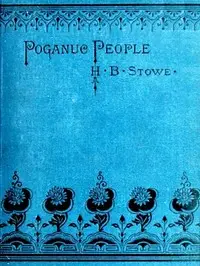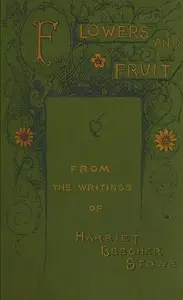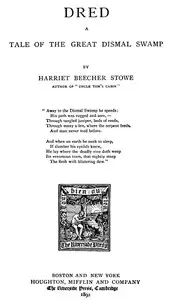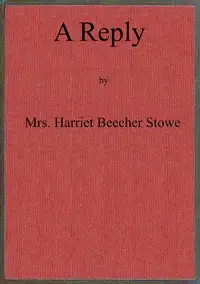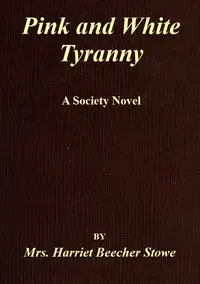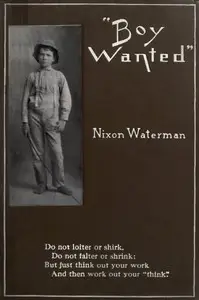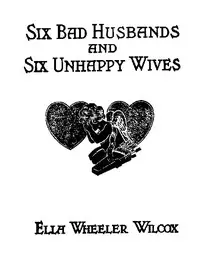"The Minister's Wooing" by Harriet Beecher Stowe is a historical novel situated in 19th-century New England that follows Katy Scudder, a respected widow, as she negotiates the constraints of her society, love, and her dreams for the future. Katy's life becomes deeply connected to her community, blending her individual story with major topics of ethics, religious belief, and the roles assigned to each gender. The narrative starts by showing Katy's valuable skills and attractive personality, and explores her history with her late husband, George Scudder, highlighting her commitment and important role in the community. The novel portrays her fulfillment in a simple life, despite losing her husband, while hinting at social norms influencing her life and introducing her daughter Mary, whose exemplary virtues of youth and devotion suggest future love stories and theological discussions.
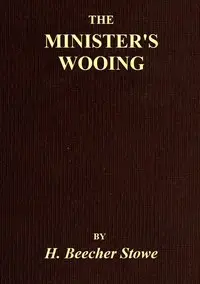
The Minister's Wooing
By Harriet Beecher Stowe
In a historical New England town, a respected widow must navigate love, societal expectations, and her own desires for the future.
Summary
About the AuthorHarriet Elisabeth Beecher Stowe was an American author and abolitionist. She came from the religious Beecher family and wrote the popular novel Uncle Tom's Cabin (1852), which depicts the harsh conditions experienced by enslaved African Americans. The book reached an audience of millions as a novel and play, and became influential in the United States and in Great Britain, energizing anti-slavery forces in the American North, while provoking widespread anger in the South. Stowe wrote 30 books, including novels, three travel memoirs, and collections of articles and letters. She was influential both for her writings as well as for her public stances and debates on social issues of the day.
Harriet Elisabeth Beecher Stowe was an American author and abolitionist. She came from the religious Beecher family and wrote the popular novel Uncle Tom's Cabin (1852), which depicts the harsh conditions experienced by enslaved African Americans. The book reached an audience of millions as a novel and play, and became influential in the United States and in Great Britain, energizing anti-slavery forces in the American North, while provoking widespread anger in the South. Stowe wrote 30 books, including novels, three travel memoirs, and collections of articles and letters. She was influential both for her writings as well as for her public stances and debates on social issues of the day.



